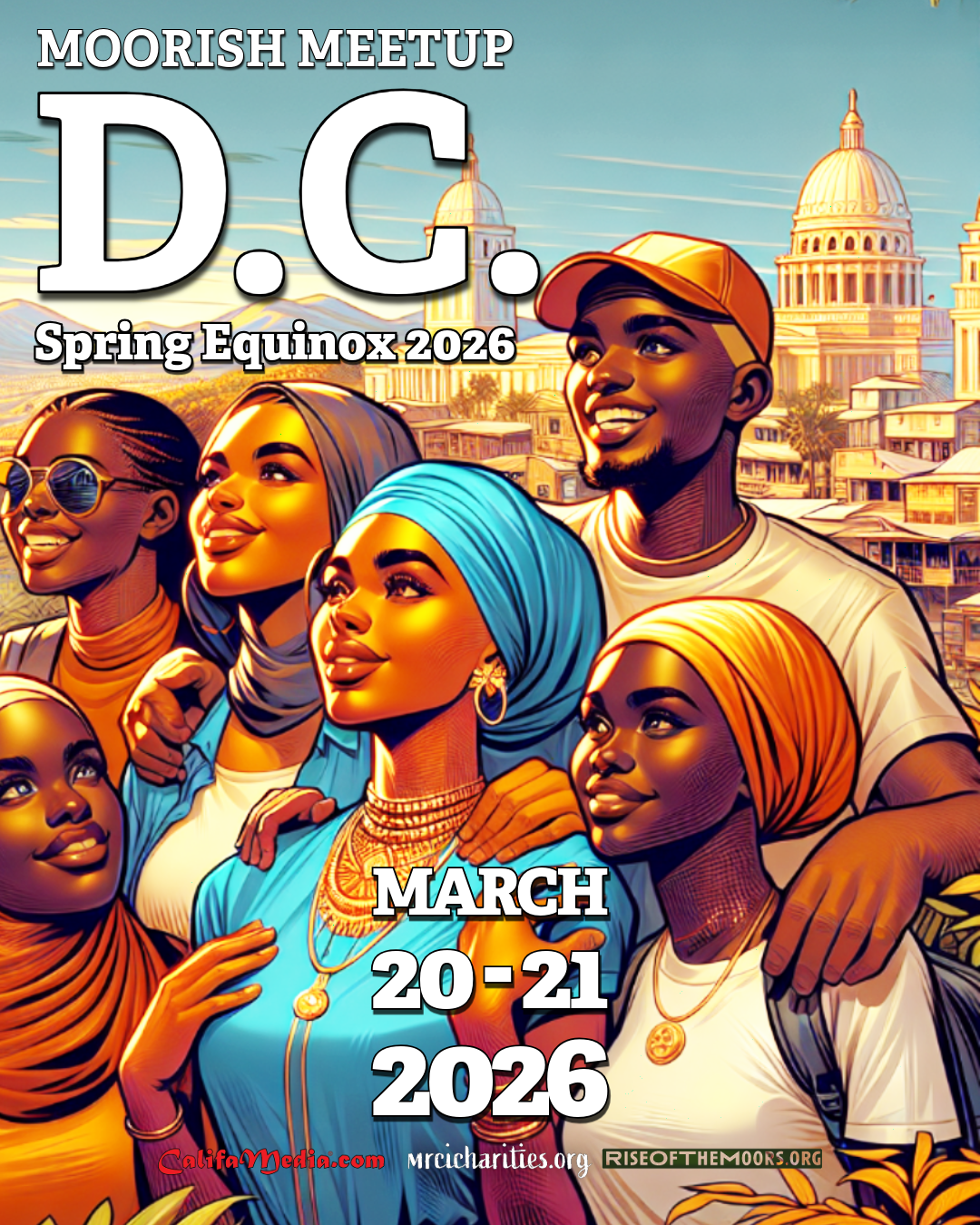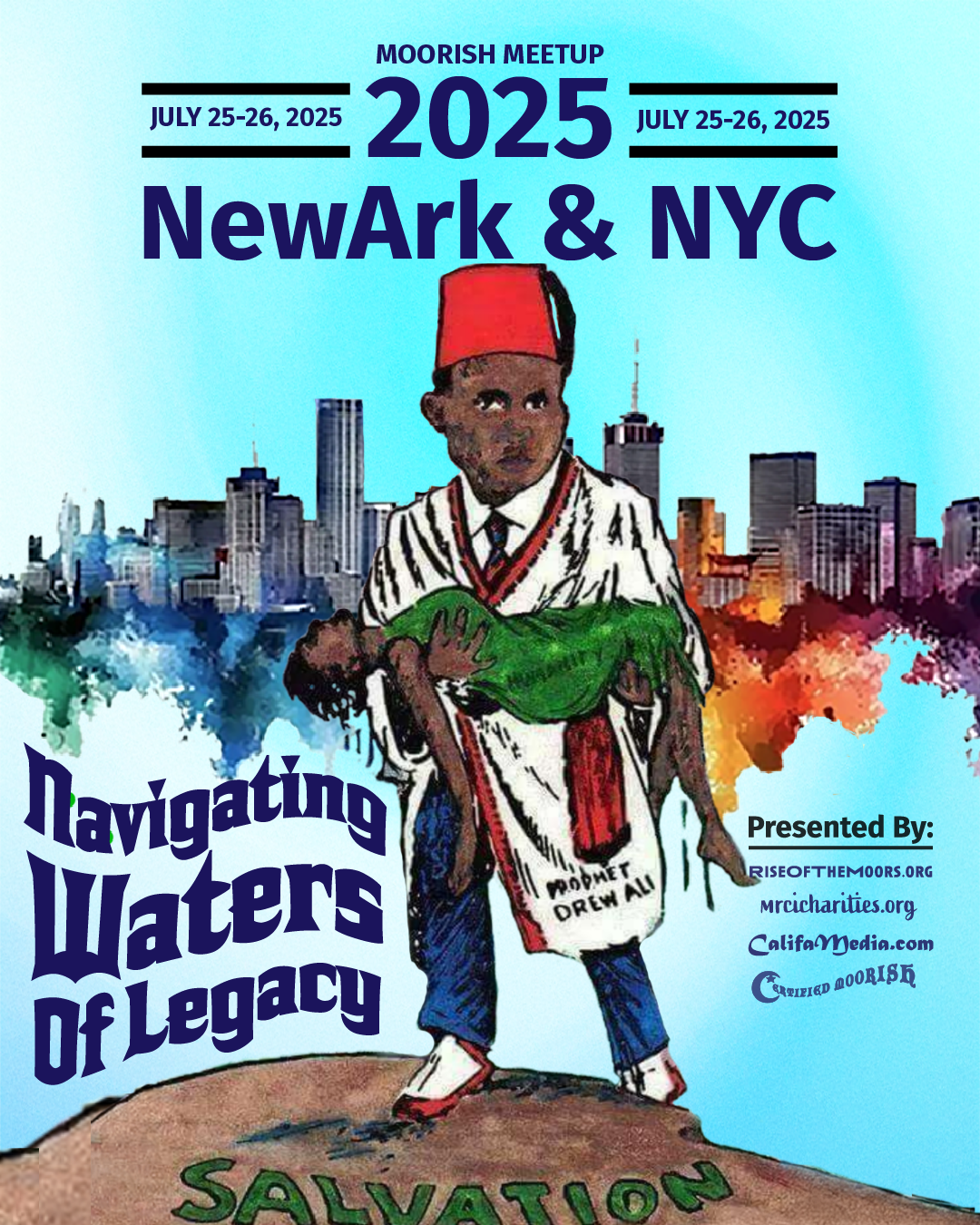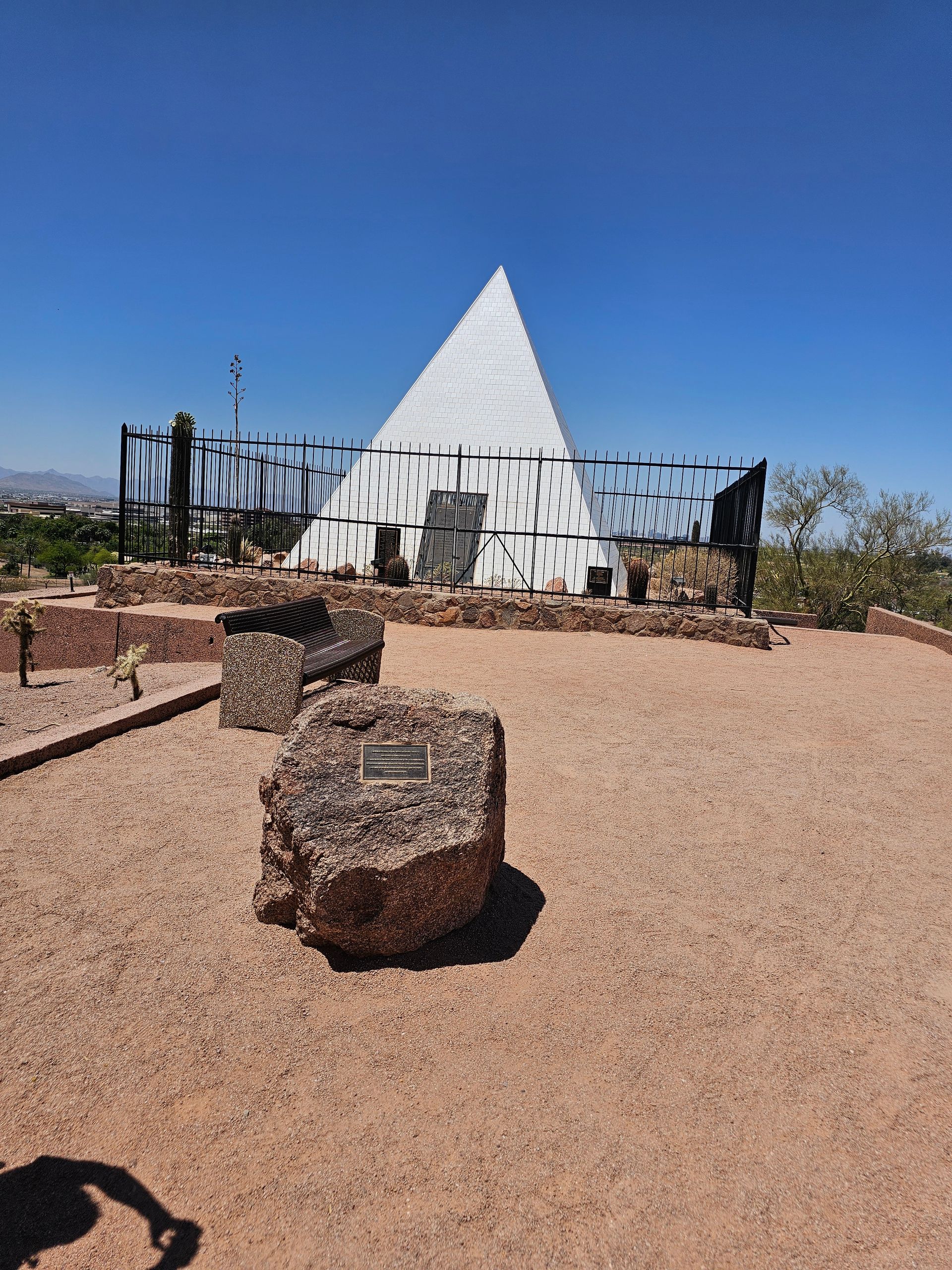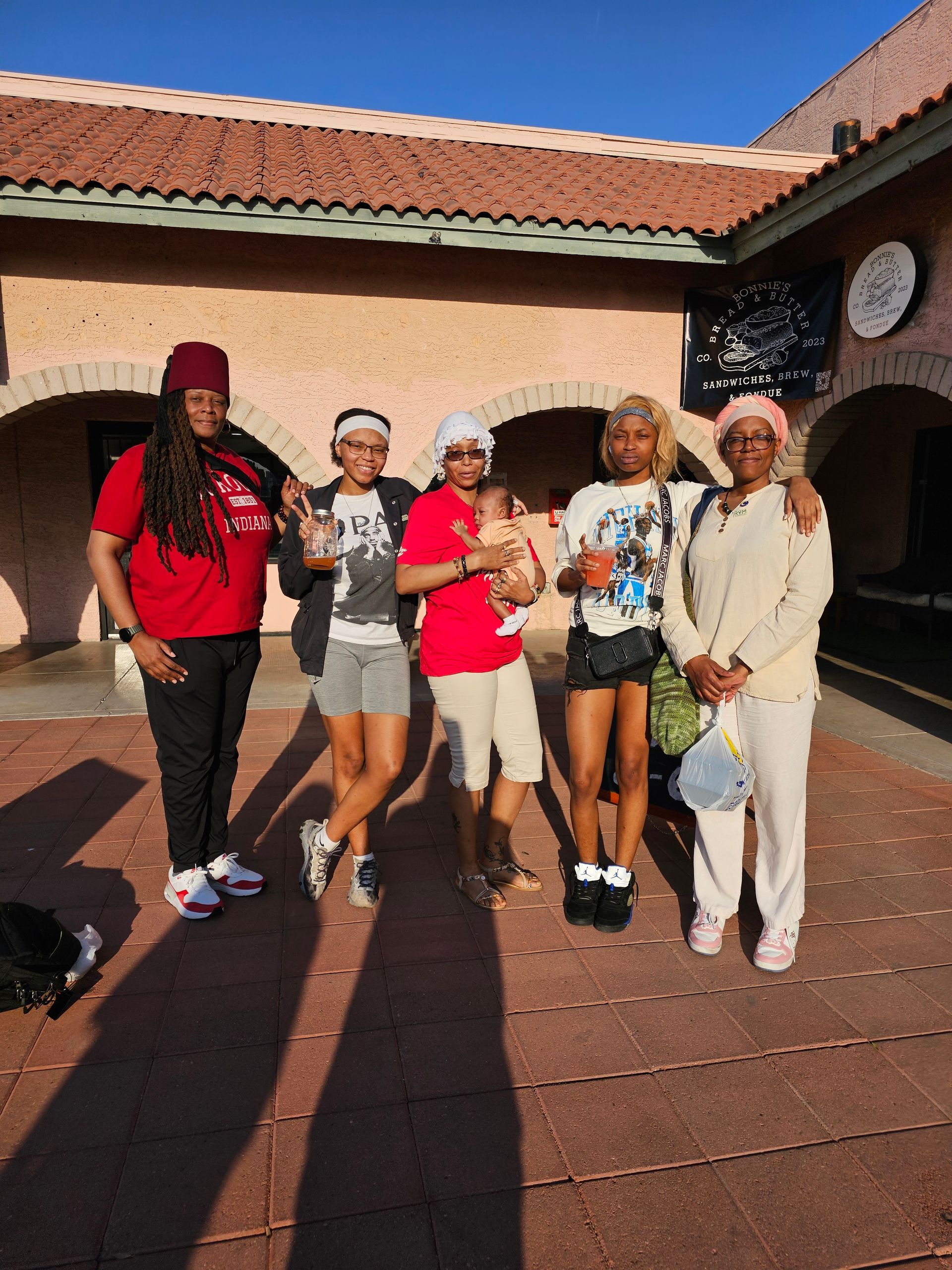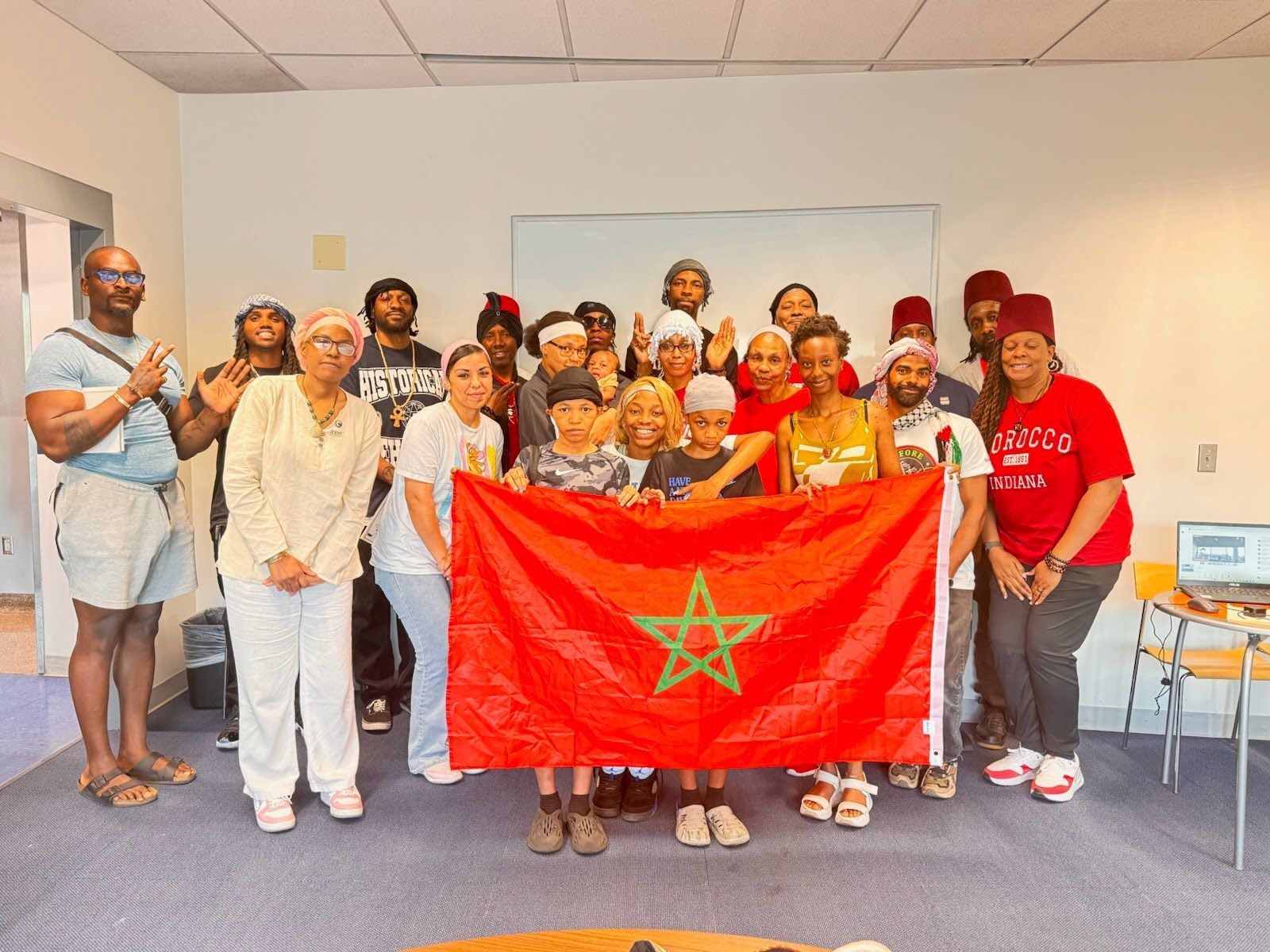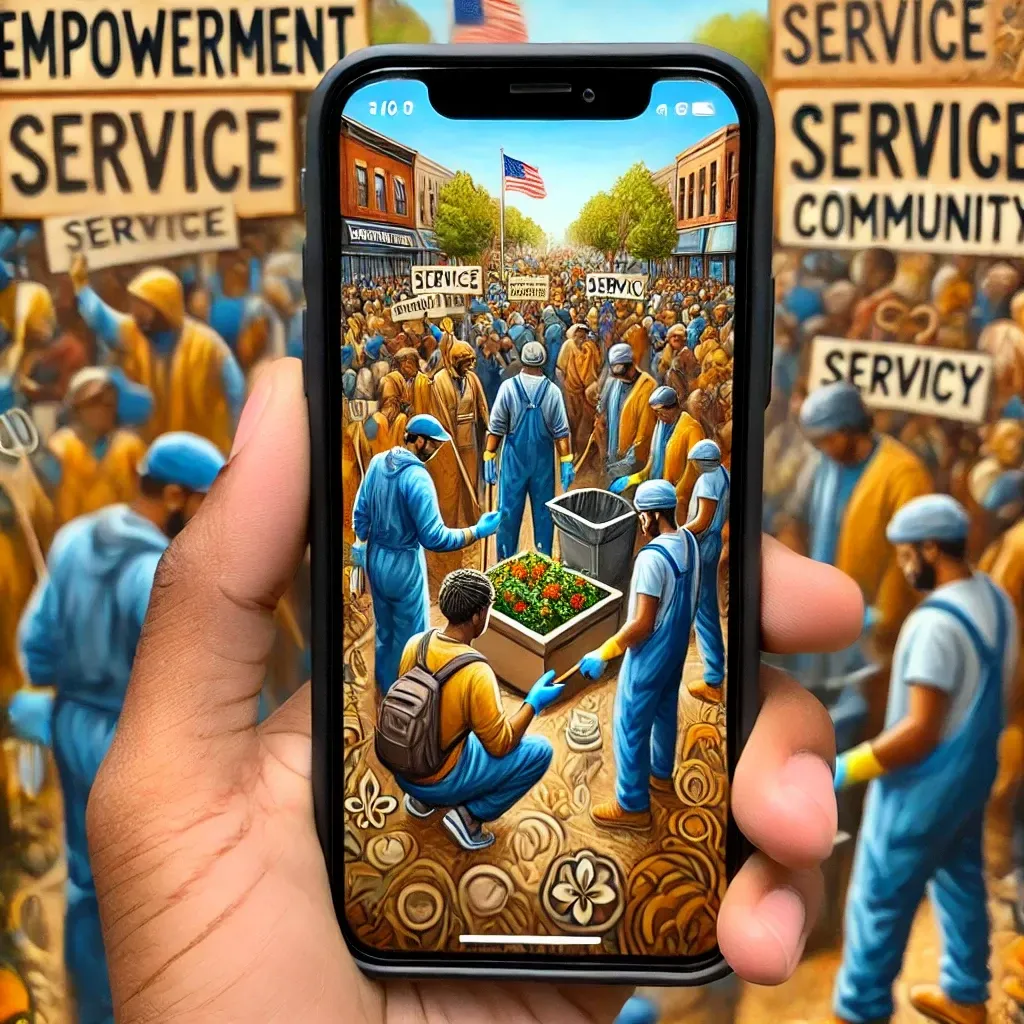Serving with Integrity. Leading with Purpose.
Welcome to Rise of the Moors, where we're transforming the narrative and celebrating the true spirit of Moorish Americans. Our mission is to uplift and empower our community by promoting active, sincere individuals and initiatives dedicated to the noble cause of Uplifting Fallen Humanity. Our journey began with a commitment to assist in times of need, and now, we strive to highlight the positive contributions of our community members. Join us as we honor the legacy and pave the way for a brighter future.
Moors in Bloom this Spring 2026!!
This Spring Equinox, Moors will gather in Washington, D.C. to walk, study, and witness landmarks central to Moorish presence, law, and legacy in the so-called United States. This is a convening rooted in knowledge of self, history, and place, with a curated itinerary focused on sites that shaped treaties, governance, and identity.
From Stone Mountain to Sweetwater Creek
This November, the Moors return to Georgia for a three-day journey of reflection, fellowship, and movement across the land. From a lecture and hike up Stone Mountain, to exploring the echoes of history along Sweetwater Creek, to walking the Atlanta Beltline together, we will honor the ground beneath our feet and the legacy we carry forward. Join us for learning, laughter, and the bonds built around the table.
Something Sacred Stirred.
Gratitude to those who were able to join us this July 25-26, 2025 as we retraced the sacred steps of Noble Drew Ali across Harlem and Newark—two cities where legacy, learning, and Moorish uplift first took root. This two-day experience is more than a meetup. It's a return.
Photo album coming SOON!
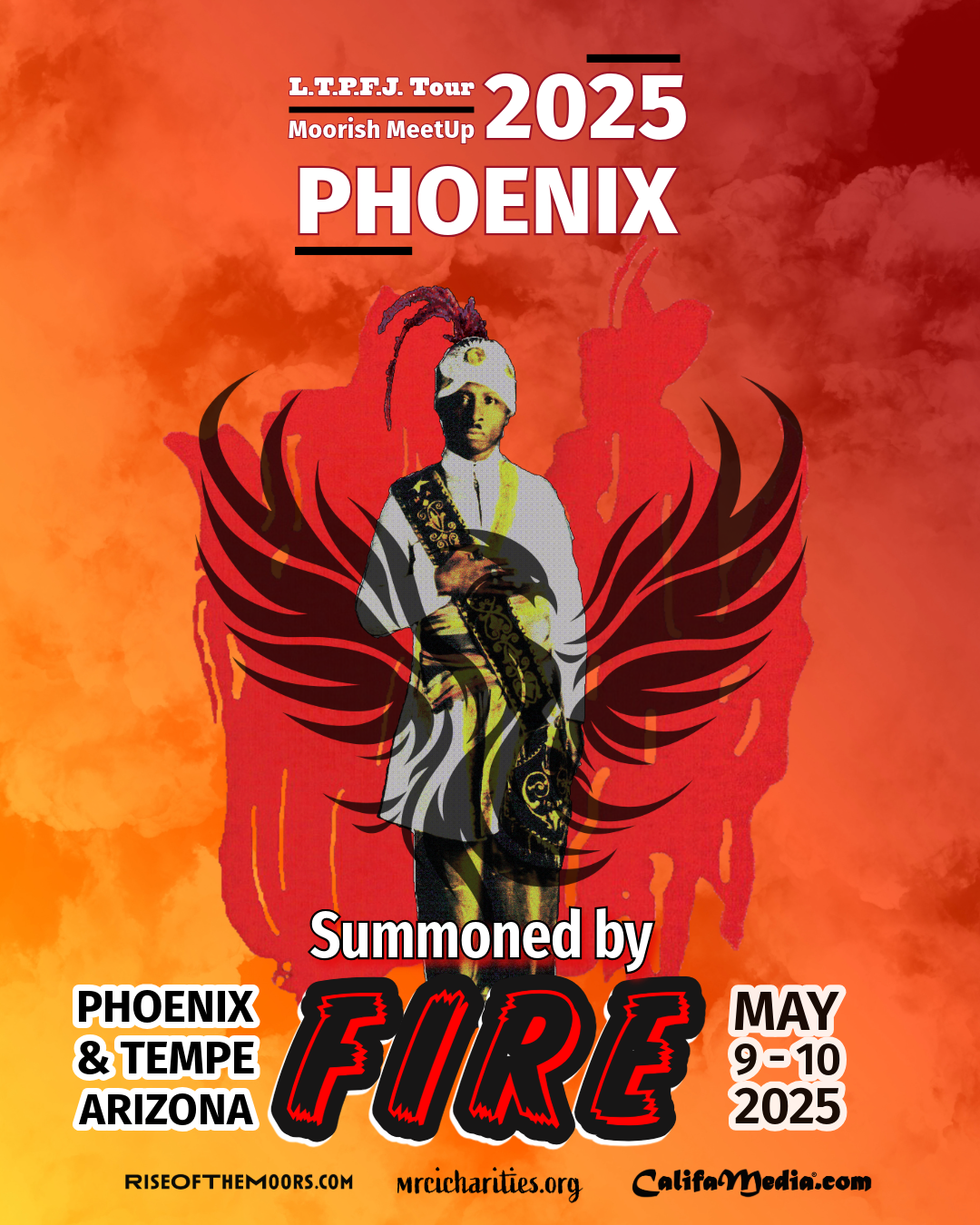
L.T.P.F.J. Tour — Phoenix, AZ |
May 9–10, 2025
Moors from across North America came together for an AMAZING time!! Many connections were made and even a few projects started--including plans for MORE meetups!!
Book Club & Film Study Series
A new initiative to spark thought, connection, and conversation among Moors nationwide. Join us as we read together, watch together, and build together.
Access via
CertifiedMoorish.org/templefinder
This is a recurring series held every 2nd Saturday. Come reflect, reason, and study with fellow Moors as we explore works that shape identity, representation, and prophecy.
Our Mission:
Uplifting Fallen Humanity
At Rise of the Moors, our mission is clear: to uplift fallen humanity through acts of service, education, and empowerment. We are dedicated to promoting the positive contributions of Moorish Americans who embody the principles of sincerity, integrity, and community service. By sharing their stories and providing a platform for their work, we aim to inspire others to join in our mission and make a lasting impact on society.
Our Journey and Commitment
Rise of the Moors was born out of a desire to reclaim and redefine the narrative surrounding our community. Our organization, MRCI Charities Inc., played a crucial role in the past by fundraising for a sou-sou to bail out members of the former Rise of the Moors group in 2022. Despite the lack of acknowledgment from the previous leadership, we remain steadfast in our commitment to uplift our community. After acquiring the domain due to non-payment by the former owners, we are dedicated to using this platform to showcase the positive efforts of Moorish Americans and uphold our mission of Uplifting Fallen Humanity.
Join Us:
Be a Part of the Change
Are you passionate about making a difference in the Moorish American community? Do you believe in the power of service and empowerment? Join us at Rise of the Moors and be a part of a movement dedicated to positive change. Whether you want to volunteer, share your story, or support our initiatives, there are many ways to get involved. Together, we can uplift fallen humanity and create a lasting impact. Join us today and be a part of the change.











